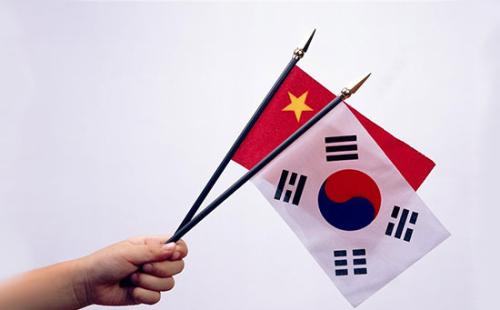
(Photo: Nes ifeng)
The concept of community emerged quite some time ago. Since the 20th century, with the integration of global economy, various versions of community have been introduced, including political community, economic community, security community etc.
Europe is a pioneer in this regard. The establishment of the EU has set an example for the development of other communities in the world. Though building a community has been a long-held aspiration of Asian nations, the region is facing severe challenges to realize the goal.
From a global perspective, globalization and multilateralism are being questioned. US President Donald Trump is advocating "America First" while withdrawing the nation from many international organizations. He is attempting to change the current global system and order through his "America First" principle. The EU, which was once treated as a model, is confronting the harsh realities of Brexit. The world is facing the most dramatic changes in a hundred years.
From the perspective of East Asia, given historical and geopolitical factors, unbalanced economic development, differences in political systems and external influence, the most dynamic region in the world is far lagging the rest of the globe in terms of integration. There are diverse cooperative mechanisms but they are inefficient due to the above reasons.
Take the economic field. Beijing and Seoul had no free trade agreement (FTA) until 2015. Negotiations over the proposed FTA among China, Japan and South Korea are still going through twists and turns.
Both China and South Korea have historical issues and territorial disputes with Japan. Tensions on the Korean Peninsula have eased. Yet denuclearization has still a far way to go and it is uncertain whether the situation therein will deteriorate. The establishment of a common peace mechanism is nowhere in sight. Meanwhile, populism is on the rise and a decreasing number of people have a favorable view of citizens from other countries in the region.
In this context, China and South Korea should jointly keep promoting the community of shared future.
After 40 years of reform and opening-up, China has made tremendous achievement in economic and social development. Apart from China's own efforts, the nation has also benefited from a peaceful external environment, globalization and multilateral systems.
Although Beijing is facing trade friction with Washington and the possibility of being caught in the Thucydides Trap and middle-income trap, it is firmly holding on to further opening-up. It is proactively participating in international affairs and guiding global governance toward a more rational, democratic direction.
South Korea is also a beneficiary of free trade. It has long been relying on an open, inclusive and collaborative international system. For its own national interest, the best choice is to safeguard the current open global system and multilateral free trade mechanism.
Peace is the precondition for building a community. China appreciates the efforts of all countries in the region to maintain peace on the Korean Peninsula. It firmly backs the series of measures taken by both Pyongyang and Seoul which improved ties, such as North Korea dismantling some of its nuclear sites, North and South Korea disarming the joint garrison at Panmunjom, setting up a no-fly zone over their border and keeping their military frictions under control. China values the declaration of South Korean President Moon Jae-in, "There must be no more war on the Korean Peninsula."
Beijing and Seoul should continue to cooperate in maintaining peace on the peninsula, consolidating the hard-won eased situation and jointly promote the establishment of a permanent peace mechanism.
The goal of building a community of shared future is not only pursuing common interests, common security, but more importantly, common values. People from China and South Korea have similar culture, but there are differences in values and mind-sets. It is time for them to seek more consensus, laying a foundation for the public to support a community of shared future through communication.


